FX.co ★ 10 adverse effects of COVID-19 on global economy
10 adverse effects of COVID-19 on global economy
Prolonged recession (risk level - 68.6%)
According to experts, the global economy may slip into a serious recession in the next 18 months. The pandemic provoked a sharp decline in economic activity around the world which caused large-scale monetary injections. Experts warn that the current situation may lead to dramatic changes in the structure of the world economy.
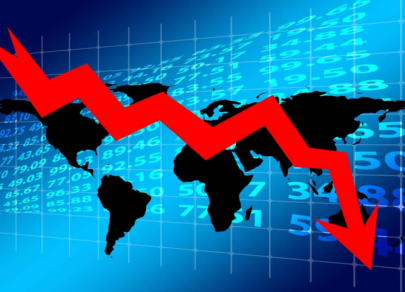
Mass bankruptcies and wave of consolidations (risk level - 56.8%)
Analysts suggest that these consequences of the pandemic may become relevant to especially painful for the emerging markets. These countries risk being hit by a severe crisis. As for global business, it will face changes in consumption, production, and competition. In addition, growing public debts in most countries, in particular in the United States, will increase the burden on state budgets for years ahead.

Inability of several economic sectors to recover (risk level - 55.9%)
Many industries, in particular aviation, took the brunt of the pandemic. According to analysts, it will take aviation above five years to recover. Moreover, in some emerging markets, which have been heavily hit by COVID-19, a complete recovery is equal almost to zero.
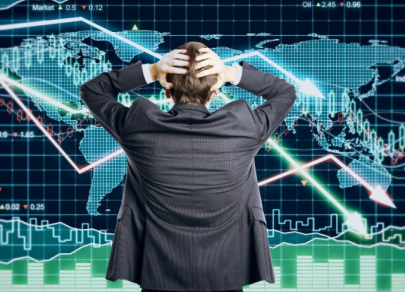
Sharp increase in unemployment (probability of consequences - 49.3%)
During the pandemic and the implementation of quarantine measures, a wave of mass closures of businesses covered the planet. As a result, the global employment contracted sharply. Notably, the youth and elderly people became the most vulnerable to layoffs during the outbreak. Thus, in April 2020, some 20.5 million people lost their jobs in the United States. This is the record level of unemployment in the US since the Great Depression.
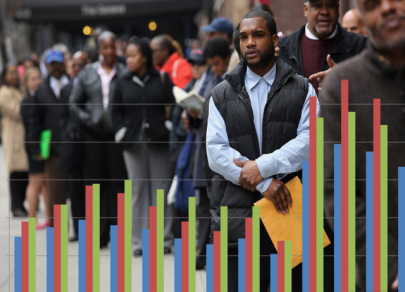
Restrictions on movement of people and goods (risk level - 48.7%)
Experts foresee tight restrictions on traveling and logistics in the post-pandemic world. Experts anticipate stronger measures to be adopted. Previously, the borders of almost all countries were closed to contain the spread of the virus. Currently, restrictions are gradually being lifted.
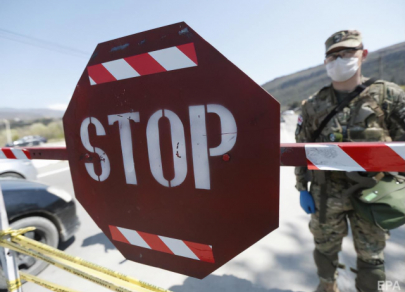
Looser fiscal policies (risk level - 45.8%)
Several central banks, in an attempt to minimize the negative consequences of COVID-19, headed for easing fiscal policy. These measures have been taken in the majority of countries across the world. In the short term, loose monetary policy is able to support the economy. However, in the long term, it can slow down economic growth.
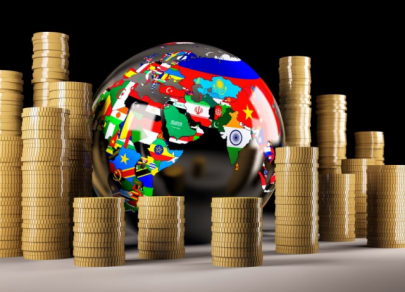
Long-term disruption in global supply chains (probability - 42.1%)
Experts consider a disruption in global supply chains to be one of the most dramatic consequences of COVID-19. During the pandemic, business has to survive shutdown, the inability to deliver goods, and a sharp decline in profit due to the trade barriers. Given the changes in current supply and demand in regards to a number of goods and services, companies will have to revise their previous trading strategies.

Economic collapse of emerging markets (probability - 38%)
According to economists, the emerging markets, as the countries most affected by COVID-19, will face a series of challenges. Many of these issues will be unsolvable. Analysts fear that the emerging markets may exhaust all of their possibilities in the fight against the economic fallout from the coronavirus. In such a case, these countries are likely to slip into a deep recession. Moreover, it will take the emerging markets many years to get back to normal.

Growing danger of cyberattacks (risk level - 37.8%)
Force majeure circumstances are often a cover for many scammers. During the pandemic, hackers who could continue their illegal activity and prevent the world from overcoming the crisis picked up steam. Thus, in the United Kingdom and the United States, several such attacks were directed at health care workers and scientists studying COVID-19 and developing a vaccine.

Second wave of COVID-19 or another virus (risk level - 30.8%)
The greatest fear of humanity is the likelihood of another spike in the coronavirus epidemic. Scientists warn of a new wave of COVID-19 which is expected in the autumn or winter of 2020. Experts project that, in the worst-case scenario, the virus may paralyze the global economy again. Consequently, the world will fall into a global depression.






















